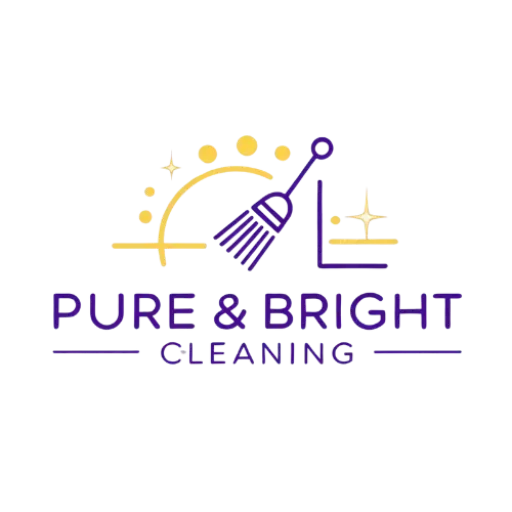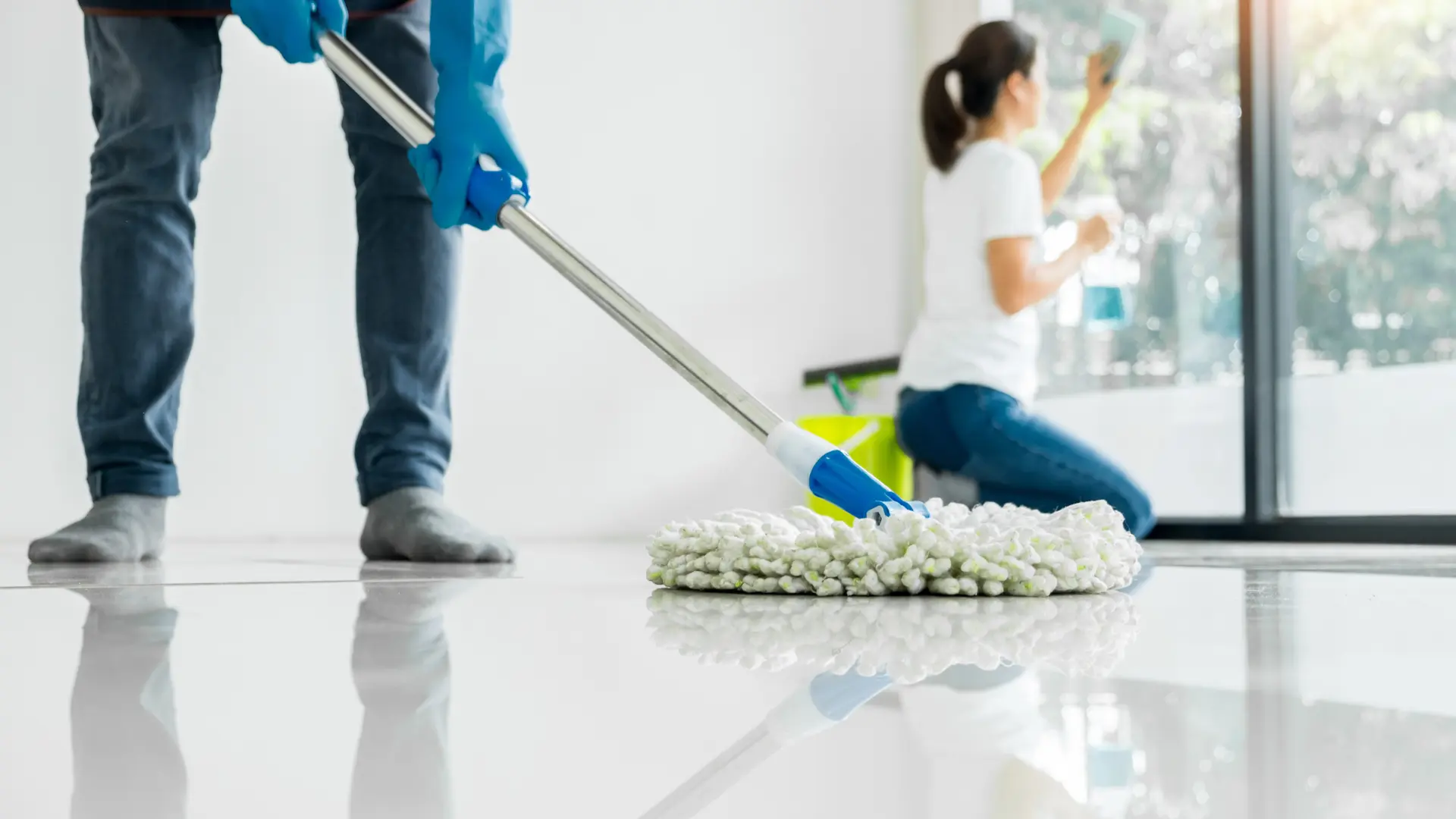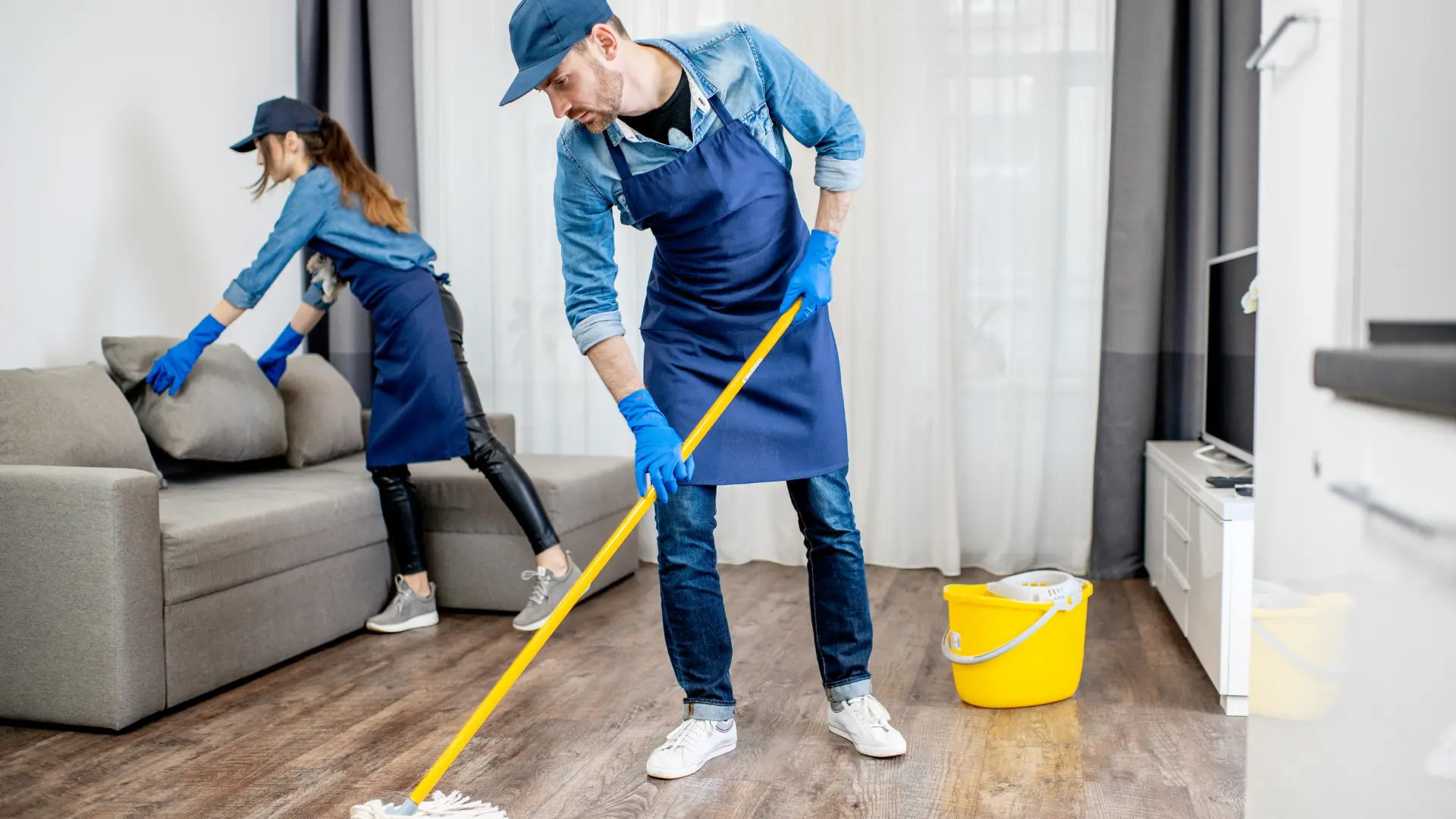Deep Cleaning vs. Regular Office Cleaning in Woodinville: What’s Best for Your Business? 🏢✨

Every Woodinville business needs a clean, organized, and healthy workspace. But when it comes to maintaining your office, one question always comes up: Should you stick with regular office cleaning or invest in deep cleaning services?
Both approaches are valuable, but they serve different purposes. In this guide, we’ll break down the key differences, benefits, and when to choose each—so you can make the best decision for your business.
🧽 What Is Regular Office Cleaning?
Regular office cleaning is the routine upkeep that keeps your workplace presentable day after day. It’s designed to handle everyday messes and maintain a professional environment.
Typical tasks include:
Vacuuming and mopping floors.
Emptying trash bins.
Wiping down desks and common areas.
Sanitizing restrooms and breakrooms.
Cleaning high-touch surfaces.
📌 In Woodinville, where many offices experience steady foot traffic, regular cleaning prevents dust buildup and keeps the environment consistently fresh.
✅ List #1 – Benefits of Regular Office Cleaning
✅ Creates a tidy, welcoming atmosphere for clients.
✅ Maintains employee productivity and morale.
✅ Prevents germs from spreading.
✅ Cost-effective compared to deep cleaning.
✅ Keeps your office looking professional every day.
🧼 What Is Deep Office Cleaning?
Deep cleaning goes beyond daily upkeep. It targets the areas and surfaces that regular cleaning often misses, providing a full reset for your office environment.
Deep cleaning tasks often include:
Carpet shampooing and upholstery cleaning.
Dusting vents, blinds, and baseboards.
Sanitizing behind and under furniture.
High-level dusting (ceilings, light fixtures).
Disinfecting less-accessible areas.
📌 In Woodinville’s rainy climate, deep cleaning also helps combat moisture-related issues like mold and allergens.
✅ List #2 – Benefits of Deep Cleaning
✅ Removes hidden dirt, allergens, and bacteria.
✅ Extends the life of carpets and furniture.
✅ Creates a healthier indoor environment.
✅ Reduces sick days by eliminating deep-seated germs.
✅ Leaves the entire office feeling refreshed.
🔍 Key Differences Between Deep Cleaning and Regular Cleaning
While both are essential, they serve different goals.
Frequency: Regular cleaning = daily/weekly; Deep cleaning = monthly/quarterly.
Scope: Regular = surface-level; Deep = detailed and thorough.
Purpose: Regular = maintain appearance; Deep = restore and sanitize completely.
Time/Cost: Regular = quicker, less expensive; Deep = longer, more detailed, higher investment.
✅ List #3 – When to Choose Deep Cleaning Over Regular Cleaning
✅ Before or after office events/parties.
✅ During flu season or allergy spikes.
✅ When moving into a new office space.
✅ If it’s been over 6 months since last deep clean.
✅ When carpets, upholstery, or restrooms show visible wear.
⚖️ Which Is Best for Your Woodinville Business?
The truth is—you don’t have to choose one or the other. The best approach is a combination:
Regular office cleaning keeps your workspace consistently neat.
Deep cleaning provides the extra care that maintains long-term health and appearance.
📌 Example: A Woodinville tech startup may use daily cleaning to keep their shared workspace tidy, but they’ll also schedule quarterly deep cleans to handle carpets, ventilation, and upholstery.
✅ List #4 – Ideal Cleaning Schedule for Businesses in Woodinville
Daily/Weekly → Regular cleaning of desks, restrooms, and common areas.
Monthly → Spot deep cleans (kitchens, carpets, high-touch surfaces).
Quarterly → Full deep cleaning of the entire office.
Annually → Intensive cleaning including upholstery and HVAC systems.
🌟 Final Thoughts
Both deep cleaning and regular office cleaning are essential for maintaining a healthy, productive, and professional environment. Regular cleaning keeps things presentable day to day, while deep cleaning provides the thorough reset your business needs to shine.
By combining both strategies, Woodinville companies can ensure their offices remain spotless year-round—impressing clients, protecting employees, and extending the life of their workplace.













